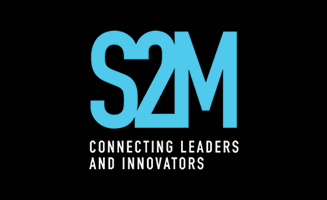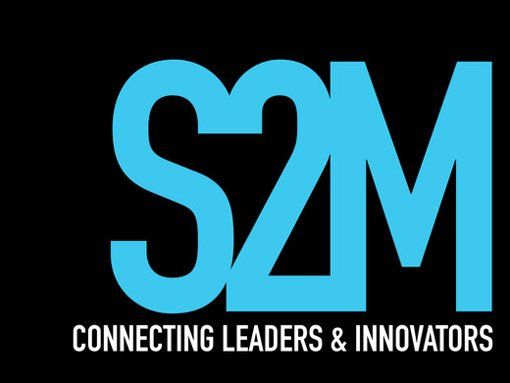Mastering the Art of Behavioural Based Interviewing
Behavioural-based interviewing is a technique widely used by employers to assess candidates' past behaviours and experiences as indicators of future performance. These are the basics that lead to mastering behavioural-based interviews, allowing you to impress potential employers and increase your chances of securing that coveted job offer.

Preparing for a job interview can be nerve-wracking, especially when you know you'll be facing behavioural-based questions. However, with the right approach, you can navigate these interviews successfully.
Understand the Basics
Behavioural-based interviews focus on your past behaviours and experiences as an indicator of future performance. Instead of hypothetical questions, interviewers will ask you to provide specific examples from your previous roles. These questions typically start with phrases like, "Tell me about a time when..." or "Give me an example of...". Understanding this format is the first step to success.
Prepare with the STAR Method
To ace behavioural-based questions, use the STAR method:
Situation: Describe the context or situation you faced.
Task: Explain the specific task or challenge you needed to address.
Action: Detail the actions you took to tackle the situation.
Result: Share the outcome or result of your actions, preferably with quantifiable or qualitative measures.
By structuring your responses using the STAR method, you provide a clear and concise account of your past experiences, making it easier for the interviewer to evaluate your skills.
Identify Relevant Experiences
Review the job description and identify the key skills, competencies, and traits the employer is seeking. Then, think of specific examples from your previous experiences that align with those requirements. Choose stories that demonstrate your ability to overcome challenges, work in a team, lead projects, or showcase your problem-solving skills. The more relevant and recent the examples, the better.
Practice, Practice, Practice
Now that you have your stories ready, practice delivering them with confidence and clarity. Consider conducting mock interviews with a friend or family member who can ask you behavioural-based questions. The more you practice, the more comfortable you'll become in structuring your responses and highlighting your strengths.
Be Authentic and Honest
While it's important to prepare and practice, remember to be genuine and honest in your responses. Interviewers appreciate authenticity and can often detect if you're providing generic or exaggerated answers. Share both successes and failures, as long as you can showcase what you learned from those experiences and how you grew as a professional.
Showcase Transferable Skills
Even if you don't have direct experience in the specific industry or role, highlight transferable skills. These are skills that can be applied across different contexts and are valued in various roles. For example, if you're transitioning from customer service to project management, emphasise your communication, problem-solving, and organisational skills, demonstrating how they can be adapted to the new role.
Listen and Ask Questions
During the interview, actively listen to the questions and ensure you fully understand what the interviewer is asking. If necessary, seek clarification before responding. Take a moment to gather your thoughts, and don't rush into answering. Additionally, ask thoughtful questions at the end of the interview to show your genuine interest and engagement.
Stay Positive and Engaging
Maintain a positive and engaging demeanor throughout the interview. Smile, maintain eye contact, and use open body language to convey confidence and enthusiasm. Remember, employers are not only assessing your skills but also evaluating how well you would fit within their team and company culture.
Reflect and Learn
Regardless of the outcome, take time to reflect on the interview. Consider what went well and areas for improvement. If you receive feedback, embrace it as an opportunity for growth. Use your interview experiences to refine your storytelling skills and enhance your future performance in interviews.
Follow Up
After the interview, don't forget to send a thank-you note or email to express your appreciation for the opportunity to interview. It's a simple gesture that demonstrates your professionalism and gratitude. Additionally, it keeps you fresh in the interviewer's mind as they make their final decision.
Mastering behavioural-based interviews is a valuable skill that can significantly boost your chances of landing your dream job. By understanding the format, preparing with the STAR method, identifying relevant experiences, practicing, and staying authentic and engaging, you'll be well on your way to acing your next behavioural-based interview. Remember, it's your time to shine, so be confident, share your experiences, and let your skills and personality shine through. Good luck!





